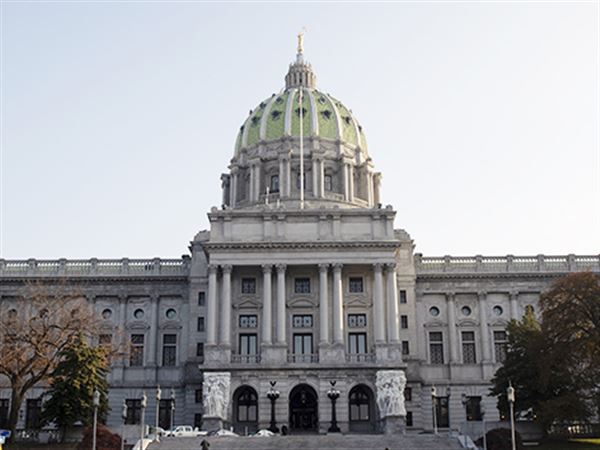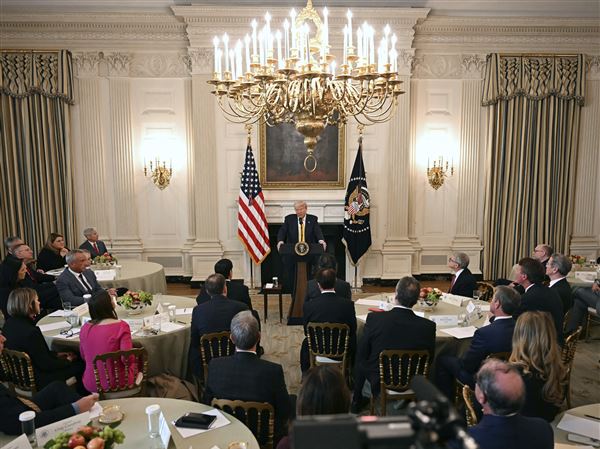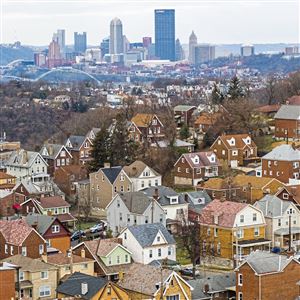Pittsburgh has joined the top cities making systems more sustainable, but we came from so far behind we are just average today.
National and local experts spoke Tuesday on how we can improve during the Sustainability EXPOsed event at the David L. Lawrence Convention Center, Downtown. More than 500 people from foundations, business, nonprofits, institutions and government attended.
“We are focusing on sustainability in our next three-year agenda,” said expo moderator Bill Flanagan, a vice president at the Allegheny Conference on Community Development. It plans for 10 counties on infrastructure, transportation and development.
He cited Pittsburgh’s “kind of average” status among leading cities, saying Denver “is always ahead of us.”
“We could spend all day defining sustainability,” said Jerry Tinianow, Denver’s chief sustainability officer, “but it comes down to the basic resources life depends on being available and affordable to everyone now and in the future.”
Pittsburgh ranks well in walkability, transit, affordable housing and recycling, he said, “but you are not doing so well on air pollution, water pollution, energy efficiency and bike lanes.”
He said “scale and urgency” is the first line — “Tackle the big stuff, now” — and to put behavior ahead of technology.
“My incandescent light can beat your LED everyday if mine is off and yours is on,” he said.
For the first time in decades, Pittsburgh is showing growth among young adults, and the air is cleaner than when Drew Michanowicz’s grandfather worked in the mills. But the doctoral student in the University of Pittsburgh’s School of Public Health was diagnosed with asthma since coming here to study.
“The sky was blue but [pollution] is largely particulate matter that we breathe but cannot see,” he said.
In his studies, he collects samples and creates maps that show where hazardous red zones are. Pittsburgh is regularly in one, he said, adding, “public health is connected to and driven by” sustainable practices.
The same is true of water systems, said Jeanne VanBriesen, director of Carnegie Mellon University’s Water Quality in Urban Environmental Systems. Pittsburgh has an abundance of water, she said, “but it is incredibly engineered” and uses a lot of energy to get from where it is to come safely out of the tap.
Pittsburgh may one day be positioned to trade or sell water to increasingly dry regions, she said, but infrastructure would have to be reconfigured to be more resilient amid changing climate patterns, she said.
Large corporations also are moving toward ensuring a sustainable future.
John Buckley, managing director of corporate responsibility for BNY Mellon, the lead expo sponsor, said BNY Mellon’s “No. 1 legislative priority in Pennsylvania was securing sufficient funding for transit” that half its employees depend on. “We manage $26 trillion of the world’s investments. We need our employees to get back and forth to work. Without world class transit, Pittsburgh will lose” in competition with other cities.
“Cities do compete,” said Mr. Tinianow. “But we all need to work together, too, because it is falling to cities to lead the way. I say that with sadness because we need national direction.”
First Published: December 11, 2013, 2:22 a.m.
















